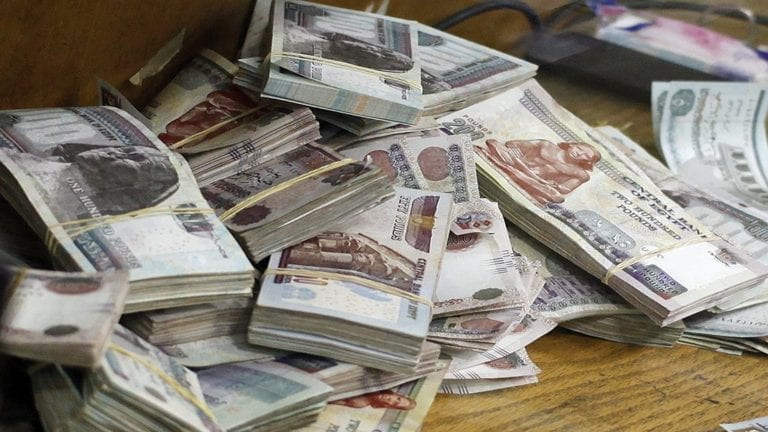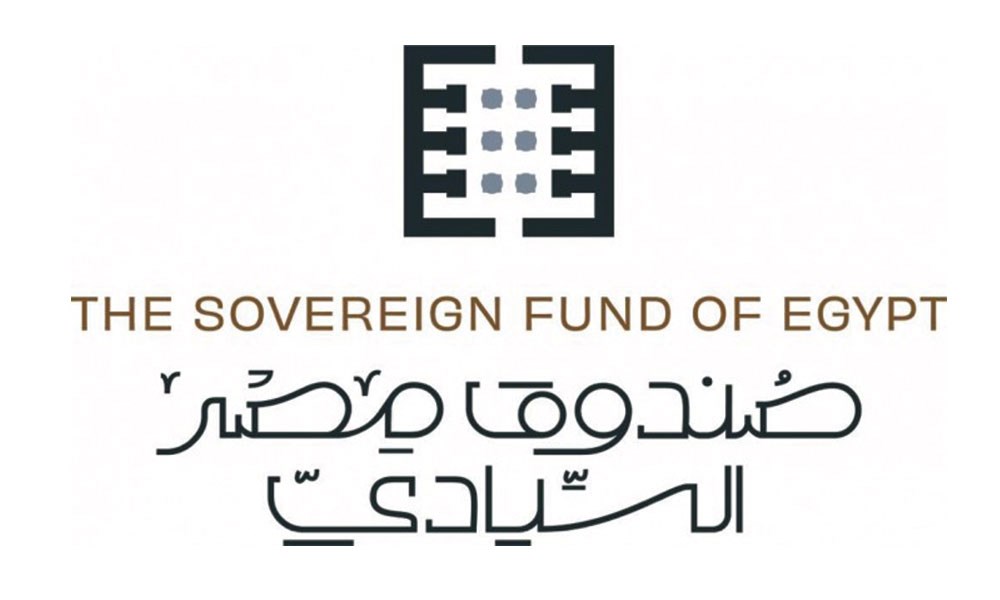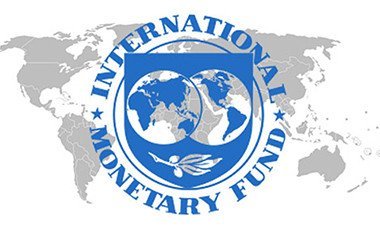On Tuesday, Bloomberg published a report on the debt situation in Egypt, stating: Egypt started selling its first Islamic debt as the North African nation wrestled with a foreign-currency crunch.
The three-year dollar sukuk is expected to price on Tuesday, according to a term sheet seen by Bloomberg. It was offered at an initial yield of around 11.625%. Per the term sheet, the country has attracted over $3 billion in the order book, excluding joint lead manager interest. Egypt has a $1.25 billion Eurobond repayment Tuesday. The wheat importer’s $400 billion economy has been exposed to the shockwaves of Russia’s invasion of Ukraine. The nation is also facing its worst foreign-exchange shortage in years and has devalued its currency three times since March and sought aid from the International Monetary Fund. The sukuk offering is the first time Egypt has turned to the international debt market since a $500 million private placement of its debut yen-denominated, or samurai, bonds in March 2022.
Egypt needs to offer a minimum spread of 725 basis points over three-year Treasuries to attract strong demand for its sukuk offering, Mashreq Bank’s rates and fixed income team in Dubai wrote in a note. That’s in line with the initial yield for the Islamic security being offered by the country. The IMF estimates Egypt’s external financing gap at around $17 billion and expects its program will help unlock about $14 billion more from international and regional partners. According to data compiled by Bloomberg, Egypt has about $39 billion in outstanding debt in dollars and euros, including $1.75 billion due this year and $3.3 billion next year.
Moody’s Investors Service has assigned a (P) B3 rating to Egypt’s proposed $5 billion sukuk program, which will be used to finance investment and development projects. It downgraded the nation’s sovereign credit rating deeper into junk territory earlier this month, warning it’ll take time to reduce its vulnerability to external risks. Citigroup Inc, Credit Agricole SA, Emirates NBD Capital, First Abu Dhabi Bank PJSC, HSBC Holdings Plc and Abu Dhabi Islamic Bank PJSC manage the transaction. Bloomberg had previously reported that the government seeks to raise as much as $1.5 billion.





Recent Comments